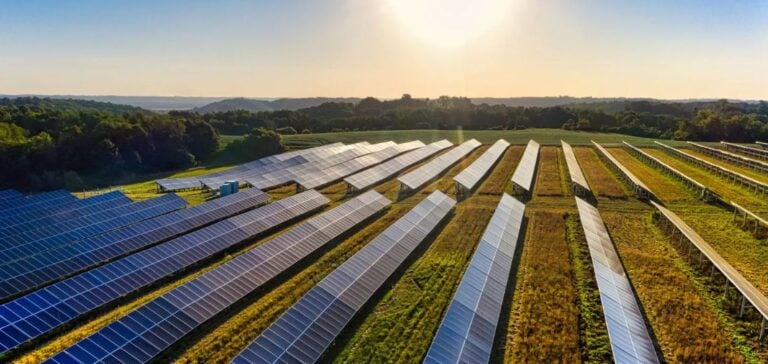Since 2009, the Czech Republic has positioned itself as a key player in renewable energy development through ambitious solar photovoltaic subsidies. These incentives, including feed-in tariffs and green bonuses, attracted billions of euros in investments and propelled the country among the European leaders in the solar sector. However, the growing financial burden on taxpayers and national budget constraints have pushed the government to consider retroactive subsidy cuts, sparking tensions and controversies.
Measures at the Heart of the Controversy
The Czech government proposes several major adjustments:
– Reduction of guaranteed tariffs: Initially set for 15 to 20 years, these tariffs could be lowered.
– Exceptional tax on solar revenues: Producers may face additional taxes to offset public spending.
– Revision or elimination of green bonuses: These supplemental revenues paid to producers are a key target.
The stated goal is twofold: to relieve taxpayers and limit the impact on public finances. However, these retroactive changes could severely harm investor confidence in the country’s energy sector.
A Unified Reaction from Market Players
Several solar developers, including Enery, Voltaic Network, and Photon Energy, have expressed strong opposition.
1. Enery: The company fears these measures will lead to mass bankruptcies and a freeze on new solar investments in the Czech Republic.
2. Photon Energy: This producer announced plans to seek legal compensation, citing violations of legal and contractual stability.
3. Voltaic Network: The company warns of a collapse in investor confidence, stressing that these measures could render the Czech market “inhospitable” for future projects.
The European Commission, meanwhile, is closely monitoring the situation. It fears that this initiative may hinder EU climate goals, which require increased support for renewable energy to achieve carbon neutrality by 2050.
European Precedents with Significant Consequences
The Czech Republic is not the first country to consider retroactive changes to solar subsidies. In Spain, similar decisions led to a series of international lawsuits, forcing the government to pay hundreds of millions of euros in compensation. These changes also caused thousands of job losses in the sector.
In France, the reduction of photovoltaic subsidies in 2021 sent shockwaves through investors, who denounced the unpredictability of regulatory frameworks. These cases have left lasting scars, fueling fears of a domino effect across Europe.
Implications for Climate and the Economy
The potential impact of these measures extends far beyond the Czech market:
1. Climate goals: Reduced investments could slow the energy transition, undermining commitments made under the Paris Agreement.
2. Legal stability: Retroactive contract changes tarnish the country’s reputation, making it appear unreliable for long-term investments.
3. Costly litigation: Legal actions based on the Energy Charter Treaty may result in significant expenses for the state, offsetting the expected economic benefits.
4. Local economic impact: Reduced solar projects could lead to job losses and a slowdown in technological innovation.
Underlying Political Challenges
The government’s proposal comes in the context of internal political tensions. Several Czech parliamentarians criticize the approach as too harsh, potentially damaging the country’s international image. However, proponents of the reform argue that it is essential to balance public finances, especially in the face of rising debt.
What Scenarios Lie Ahead?
To mitigate the negative effects of these revisions, alternative solutions could be considered:
1. Phased subsidy reductions: Implement gradual cuts over several years to allow producers to adapt.
2. Dialogue with investors: Establish consultations to reach acceptable compromises.
3. Support for new installations: Continue promoting solar projects by redirecting subsidies toward more efficient and profitable technologies.
These adjustments would help balance fiscal responsibility with maintaining investor attractiveness.






















